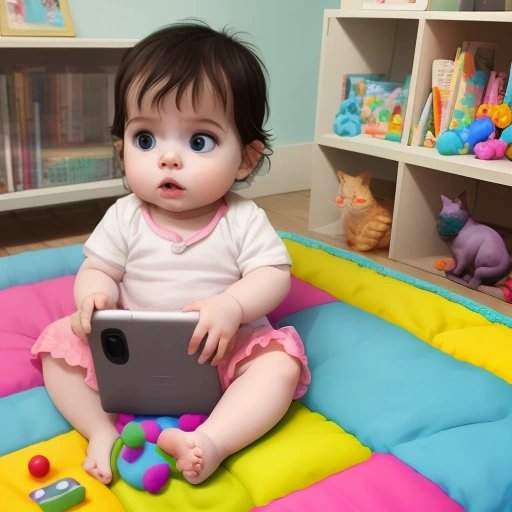Experts are baffled by Google Translate's latest language addition: "Babyspeak". The AI-driven translation tool which has been a game-changer in bridging the communication gap among people speaking different languages, has now targeted the youngest demographic with its new feature.
According to Google, the new language option is designed to help parents communicate better with their infants. "We understand the struggles parents go through in understanding their babies' needs and wants, so we created Babyspeak to assist them in this crucial time. From diaper changing to feeding, parents can now understand their babies like never before," said a Google spokesperson.
However, not everyone is thrilled with the new feature. Linguists, in particular, are perplexed by the implications of the feature. "I don't know whether to be impressed or horrified. Language acquisition and development are crucial for infants, and introducing an AI-driven tool that may not necessarily match humans' cognitive development implies more confusion than assistance. We have to be careful with the new language addition and its after-effects," said Professor Jennifer Lee, a linguistic expert.
The main issue with Babyspeak, according to experts, is that the "language" is not a recognized linguistic system. It's more of a compilation of sounds, grunts, moans, and cries that babies make to communicate their needs. As a result, the translations that Babyspeak provides are either too simple or too complex.
Parents who have tried the new tool have given mixed reviews. Some parents claim that the tool is a game-changer and has made their lives easier. They no longer have to rely on guesswork or spend hours trying to understand their babies' needs. Others, however, claim that the translations they received were confusing and did not match their babies' needs.
"I tried using Babyspeak to communicate with my six-month-old, and it was a disaster. The translations did not match what my baby needed, and it made me more confused than ever. I think the tool needs more development before it can become useful," said Sarah Black, a mother of two.
Despite the mixed reviews, it looks like Babyspeak is here to stay. Google has plans to continue developing the feature and introducing it to other platforms. Soon, parents will be able to communicate with their infants through text messages, emails, and even social media.
As for linguists, they will have to wait and see what the implications of Babyspeak are on language development and communication. In the meantime, they are left scratching their heads wondering if Google has taken AI too far.
